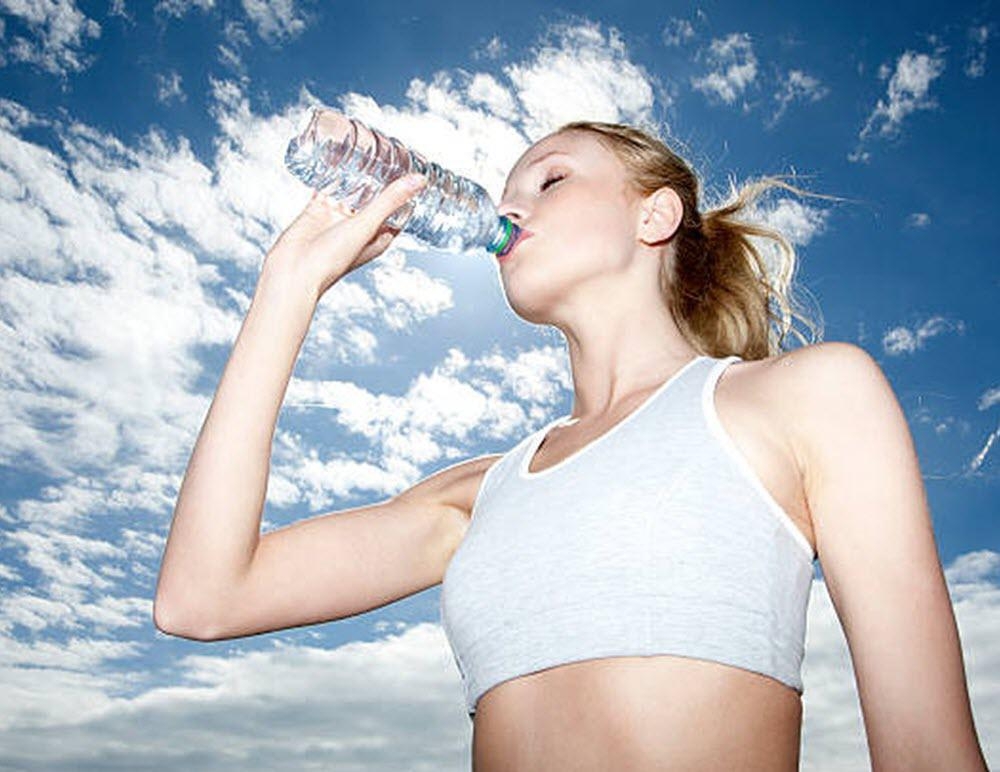How Much Water Should I Drink a Day: A Comprehensive Guide

Water is one of the most essential components of our body, and proper hydration is crucial for maintaining good health. But how much water should we be drinking each day? The answer to this question can vary depending on several factors, such as age, weight, gender, physical activity, and climate.
The National Academies of Sciences, Engineering, and Medicine recommends a daily water intake of about 3.7 liters (125 ounces) for men and 2.7 liters (91 ounces) for women. However, this is just a general guideline, and individual needs may vary.
One of the best ways to determine your personal water needs is to check your urine color. If your urine is pale yellow or clear, it means you're well-hydrated. If it's dark yellow or amber, it's a sign that you need to drink more water.
Another important factor to consider is your activity level. If you exercise regularly, you'll need to drink more water to replace the fluids lost through sweat. A good rule of thumb is to drink 17-20 ounces of water 2-3 hours before exercising and another 8 ounces every 20-30 minutes during exercise.
Climate also plays a role in your water needs. If you live in a hot and humid environment, you'll need to drink more water to prevent dehydration. The same is true if you're at high altitude or in a dry climate.
It's important to note that you don't have to rely solely on water to meet your daily hydration needs. Other fluids such as herbal tea, milk, and 100% fruit juice can also contribute to your daily water intake. However, sugary drinks like soda and sports drinks should be limited as they can add extra calories and sugar to your diet.
In addition to fluids, you can also get water from foods such as fruits and vegetables. Watermelon, cucumbers, and celery are some examples of foods with a high water content.
In conclusion, the answer to the question "how much water should I drink a day?" depends on various factors. While the general guideline is about 3.7 liters for men and 2.7 liters for women, individual needs may vary based on age, weight, gender, physical activity, and climate. Remember to check your urine color, drink more water when you exercise or are in a hot and humid environment, and include fluids and foods with high water content in your diet to stay properly hydrated.
- Industry
- Art
- Causes
- Crafts
- Dance
- Drinks
- Film
- Fitness
- Food
- Games
- Gardening
- Health
- Home
- Literature
- Music
- Networking
- Other
- Party
- Religion
- Shopping
- Sports
- Theater
- Wellness
- News


